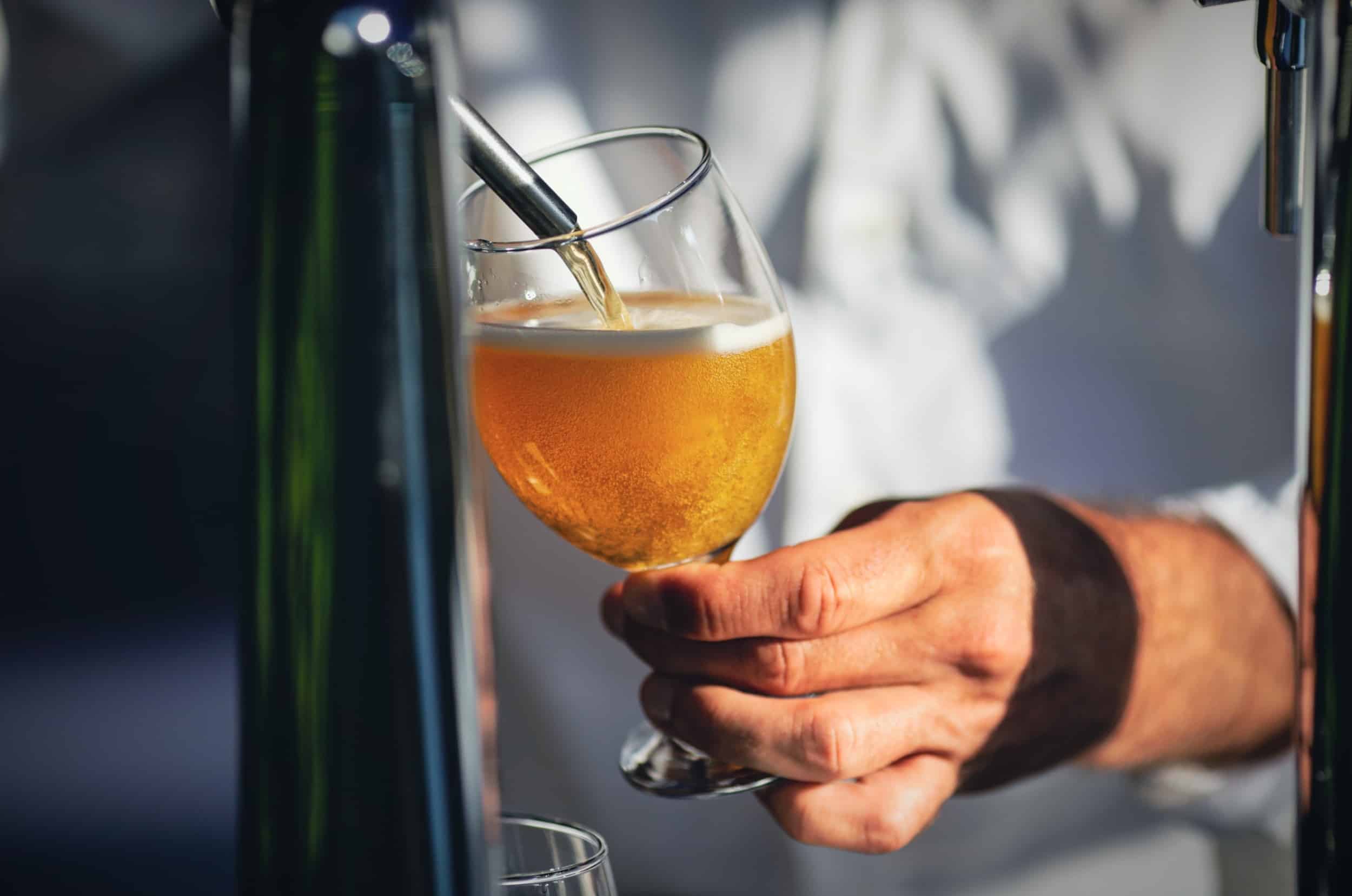The Flemish carbonnade is a traditional dish from the north of France and Belgium, appreciated for its tender beef and creamy sauce. Although the recipe may vary between regions and families, one key ingredient remains constant: beer. The choice of the beer used in preparation of this tasty dish has a significant influence on its final taste. In this article, we will explore the different types of beers that pair best with the Flemish carbonnade to achieve an unforgettable taste experience.
Brown beers, for an authentic flavor
The dark beers have long been used to prepare Flemish carbonnade due to their ability to bring a roundness and unique depth of taste to the dish. The complex aromas of malt, caramel, and dried fruit released by these beers add an extra dimension to the sauce, creating a perfect harmony between sweet and salty flavors.
The Brown Abbey Beers
For a Flemish carbonnade with Belgian accents, opt for a brown abbey beer. These beers are often brewed by Trappist monks and benefit from an ancestral know-how that guarantees their quality. Rich in roasted malt and dried fruit, brown abbey beers will bring an exceptional depth of flavor to your dish.
The English brown beers
If you prefer a milder Flemish carbonnade, English brown ales provide an excellent balance between bitterness and smoothness. They are often less alcoholic than their Belgian counterparts and have caramel and chocolate flavors that will enhance the sauce of your dish.
Amber beers, for a touch of originality
Although they are less common in traditional recipes, amber beers also deserve to be considered for making a Flemish stew. Thanks to their malted character, these beers perfectly balance the flavors of the meat and sauce while adding a slightly orange color to the dish.
Belgian Special Beers
Some Belgian beers, like the special beers, can be very good alternatives to brown abbey beers. These beers have a beautiful amber color and give off fruity and spicy aromas that will enhance the typical taste of your carbonade.
French Amber Beers
Many French craft breweries also offer amber beers that pair wonderfully with Flemish carbonade. These beers often present a lighter and balanced aromatic profile than Belgian beers, while retaining a malted character that will highlight the tenderness of the meat.

Blonde beers, for a lighter carbonnade
While it is not common to use blonde beers in the preparation of Flemish carbonnade, they can nonetheless bring a touch of freshness and lightness to the dish. Blonde beers generally have a less pronounced taste than brown or amber beers, but their low alcohol content and their floral and fruity notes will perfectly suit lovers of less rich and more delicate carbonnades.
The Belgian Pils
For an unorthodox Flemish carbonnade recipe, opt for a Belgian pils. This golden blonde beer has a low alcohol content and offers subtle aromas of hops and malt. Although it does not completely compensate for the bitterness of a brown beer, the pils will remain discreet and will allow your carbonnade to express itself without being masked by the taste of the beer.
French or German blonde beers
Some French or German blonde beers, such as the kölsch and the blondes of Alsace, can also be used to make a light Flemish carbonnade. Their low bitterness and complex aromas will provide an interesting contrast with the richness of the sauce, while maintaining the balance of flavors within the dish.
To summarise…
Choosing the right beer for your Flemish carbonnade can seem confusing given the multitude of existing varieties. The key is finding a balance between the malty character and aromatic nuances of the beer used, in order to highlight the ingredients of your recipe without overwhelming them. Abbey brown beers are a safe choice for an authentic flavor, while amber and blonde beers will allow you to explore more subtle and original variations.
No matter which beer you choose, do not forget to prioritize quality products that will reflect your passion for this delicious regional specialty. So put on your aprons, and bon appetit!

